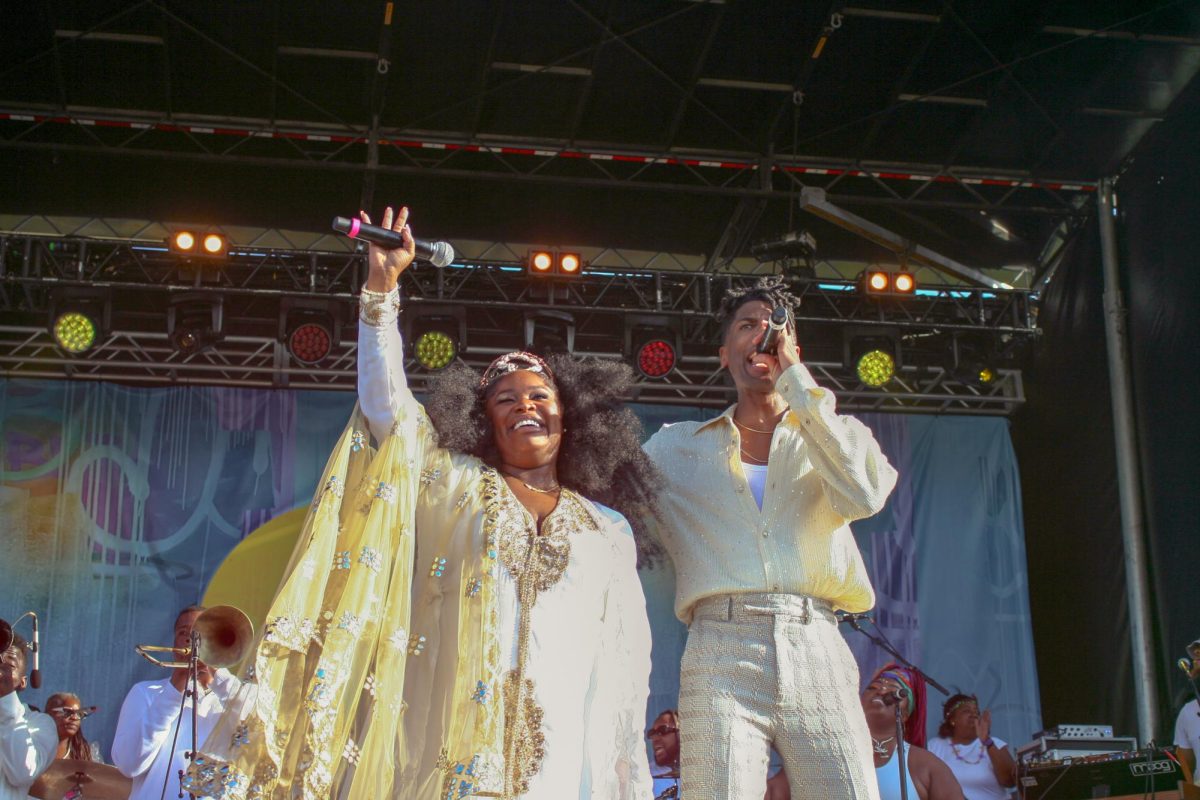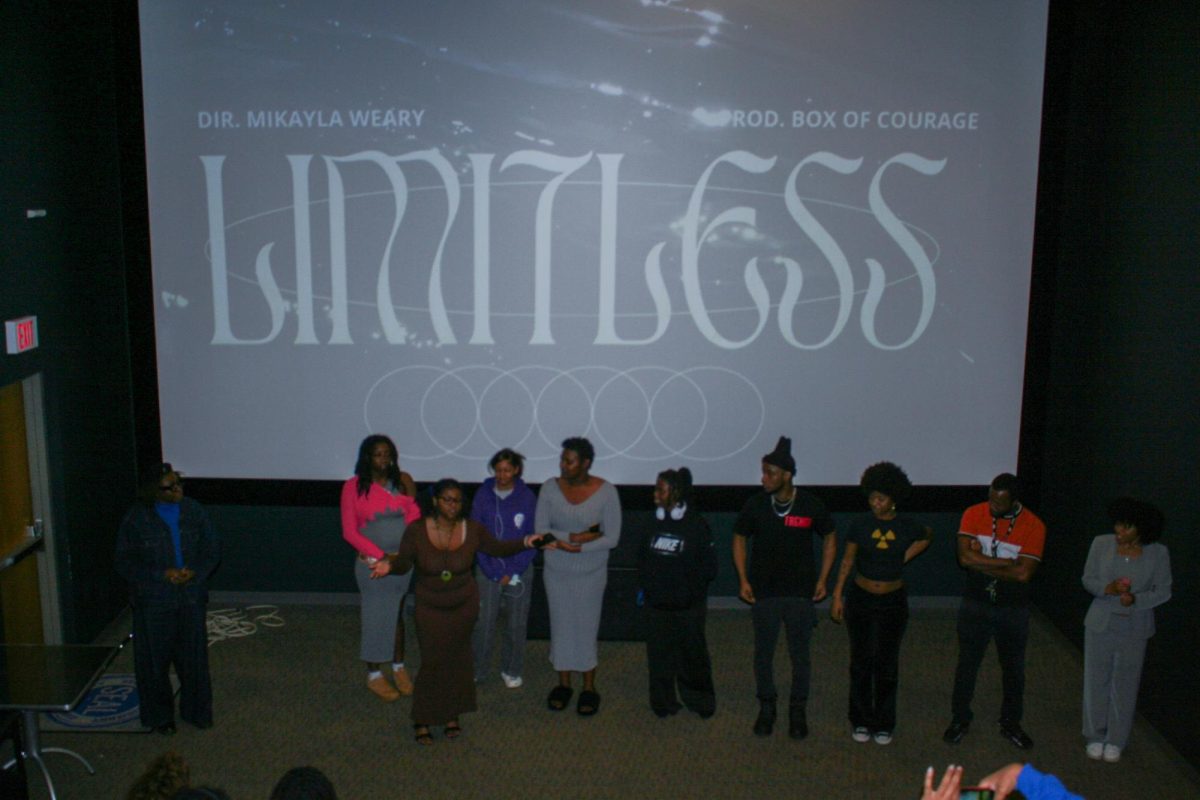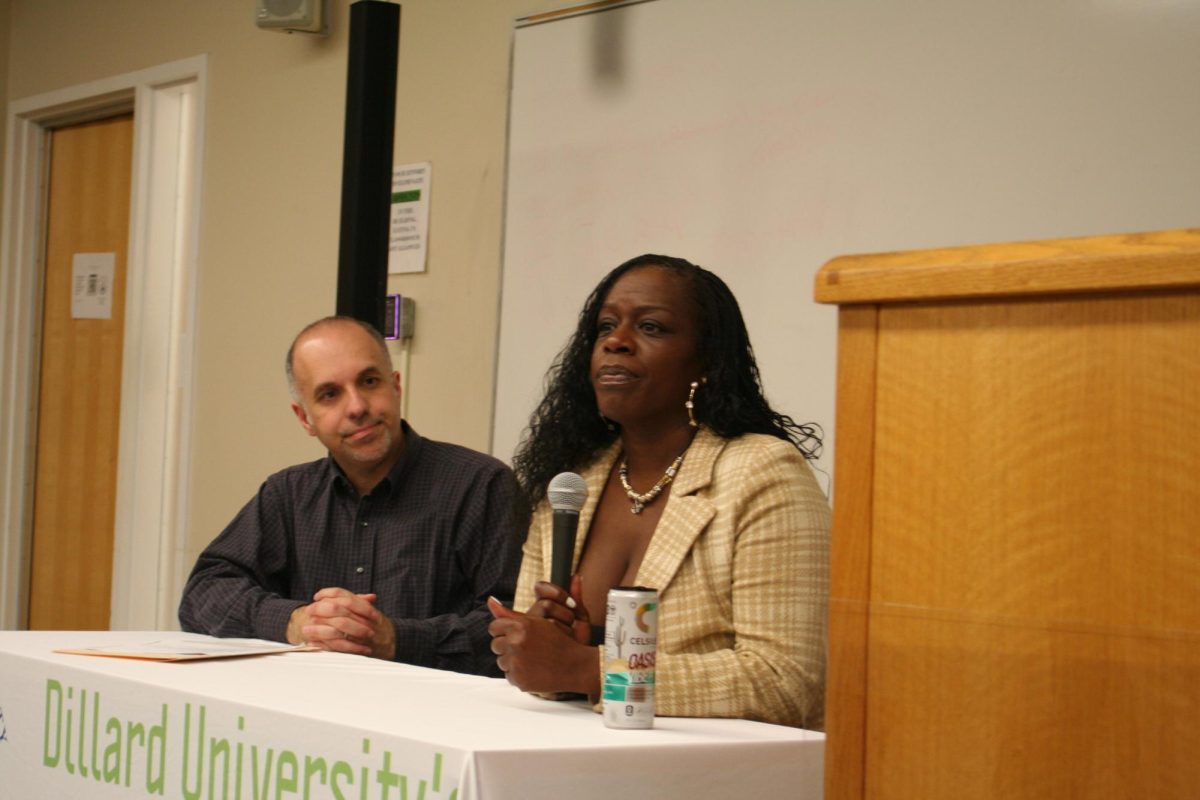Each February, Black History Month is celebrated to honor the struggles, triumphs, contributions, creations, achievements and advancements of African Americans. Since the election of Barack Obama as America’s first black president, it seems the purpose of the month is even more significant. Conversely, some have become more vocal about the notion of getting rid of Black History Month.
To the question posed by some: “Now that we have a black president, is Black History Month still necessary?” We answer a resounding, “Yes!” “Have we advanced far enough to completely eliminate the month altogether?” Absolutely not.
Although black history should be celebrated every day of every year, the reality is if we did not designate a month, we probably would not recognize or even acknowledge black history at all. Black History Month is a vital part to American history.
Just because we now have a black president in office doesn’t mean racial inequalities have vanished. Racism still exists despite many societal changes and advancements. We do not have to search hard or far to find them, either.
Moreover, in our efforts to complain, we fail to do the research. We hear all the time that “they” gave us the shortest month of the year to celebrate black history.
However, the origins of Black History Month date back to 1926 when historian Carter G. Woodson, a black man from Kentucky who earned his doctorate from Harvard, established “Negro History Week.” Woodson specifically selected the second week of February to honor two men who were born in that month: Frederick Douglass, an African-American abolitionist, journalist and author, and Abraham Lincoln, the 16th president of the United States who signed the Emancipation Proclamation during the Civil War in 1863. By 1976, the United States had expanded the week into a full month.
This year’s Black History Month theme, determined by the Association for the Study of African American Life and History (a program created by Woodson to collect and document the achievements of blacks) is “The History of Black Economic Empowerment,” which recognizes the lives of successful black men and women.
In the past few years, several hate-mongering Web sites, such as guywhite.wordpress.com and 33.brinkster.com, have been trying to “dispel the myths” of African American achievements and inventions, not in an effort to inform, but in an effort to tear down a race.
What we have been told since grade school by teachers who may not have fully done their research may not have been necessarily the full complete truth, however, it is true that their contributions have advanced America in ways never done before.
Despite all that African Americans have withstood, nothing has been able to stop their ability to move forward. Although the distinctions are made countless times, Black history is American history, and African American contributions are just as important as the contributions of the race of any other group of people.
So the question should not be about whether Black History Month is still relevant, but rather, “How will you choose to celebrate it?” How you decide to celebrate this month is totally up to you. Whether it is attending a play, parade, or church event, or having a discussion or silent reflection about some new-to-you nugget about black history, it is important that we honor, preserve and protect our historical past and celebrate our history, America’s history.


























